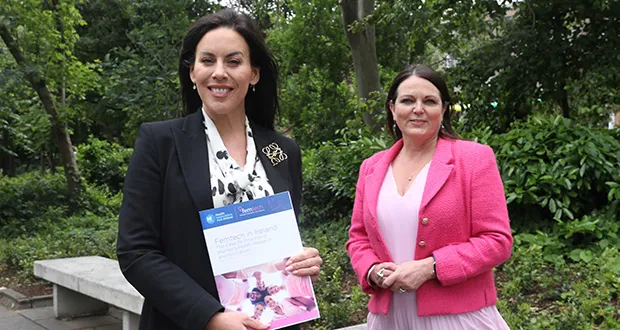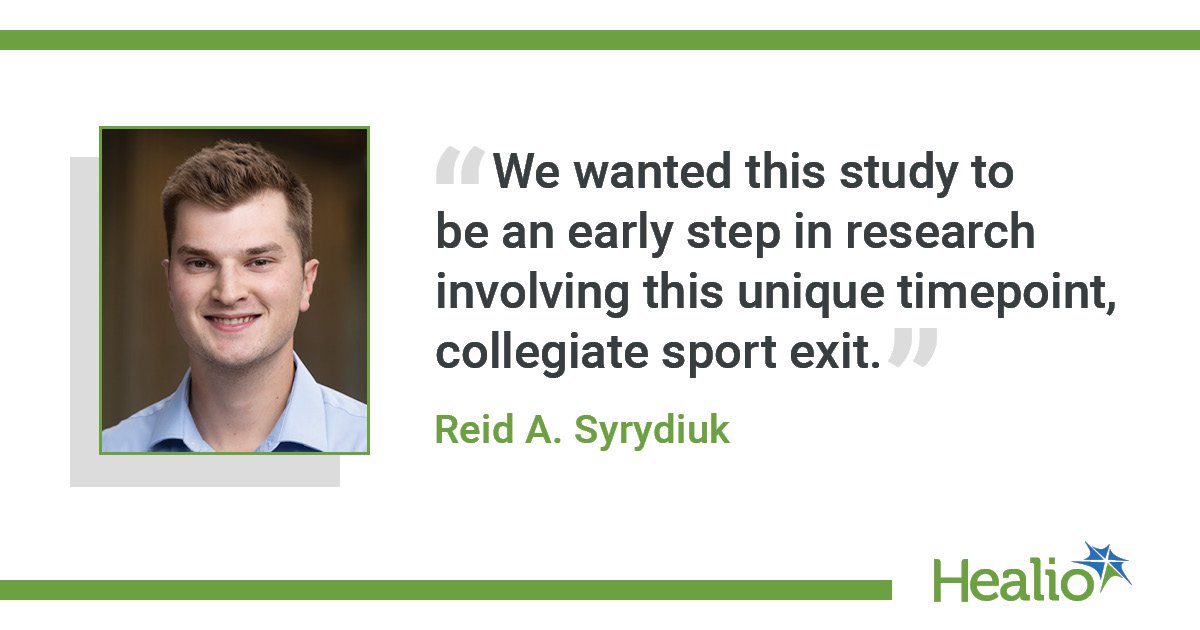FemTech sector expected to be worth almost €100 billion by 2030
Technology, research, and innovation focused on women’s health in Ireland is underdeveloped and underfunded, according to a new report.
FemTech in Ireland: The Case for Prioritising Women’s Health Research and Innovation has identified significant opportunities for Ireland to become a global leader in the sector.
Globally, the FemTech industry is expected to be worth more than €97 billion by 2030. It is estimated that closing the women’s health gap could boost the global economy by $1 trillion each year by 2040.
However, just a small fraction of health research funding and investment currently targets female-specific health conditions – such as endometriosis, menopause, miscarriage, and certain autoimmune diseases.
The report, produced by Health Innovation Hub Ireland (HIHI) and the Department of Obstetrics and Gynaecology at University College Cork (UCC), made several findings including:
- There is an untapped market potential for start-ups and investors in women’s health innovation in Ireland.
- Gaps in research funding in the sector has limited progress.
- There are opportunities for Ireland to lead globally by integrating FemTech into national health innovation strategies.
- There is a need for greater support entrepreneurs and researchers working in the FemTech space, and
- FemTech attracts female entrepreneurs – more than 75 per cent of FemTech companies have a female founder.
Among its recommendations, the report called for the establishment of dedicated FemTech funding calls, inclusion of sex and gender analysis in research design, and establishing a FemTech innovation space.
“We need to invest in women’s health—not just for equality, but because it’s smart research, healthcare, and smart economics,” said Dr Tanya Mulcahy, Director of HIHI and founder of FemTech Ireland.
“There is a real buzz in the FemTech innovation sector in Ireland today, with new ideas and start-ups being developed throughout the country. We’ve supported many of them through HIHI, enabling access to clinicians, patients and researchers.
“It’s a sector that is attracting female founders, and provides a new avenue for young researchers, but it’s a sector that needs more support – this report is our call to action.”
The report outlines how conditions that affect women only or differently to men – such as PCOS, osteoporosis, autoimmune disease, heart disease and Alzheimer’s – are often misunderstood, misdiagnosed, or overlooked.
“We are witnessing extraordinary advances in healthcare technology and innovation,” said John R Higgins, Professor of Obstetrics and Gynaecology, at UCC and Cork University Maternity Hospital.
“In women’s health however, a longstanding gap in research has meant that these innovations have not always translated into meaningful solutions. This gap in evidence directly impacts the development of technologies. Now is the time to bridge that divide – with focused funding, targeted research, and innovation supports.”
Minister for Health Jennifer Carroll MacNeill added: “This report is an important step toward better care for women across Ireland. It supports the work we’re already doing through the Women’s Health Taskforce and highlights how innovation can help us go even further.”










